Myopia
What is Myopia?
Myopia, also known as nearsightedness or shortsightedness, is a refractive error where vision is blur at far distances but clear at near distances.
What Causes Myopia?
In myopic eyes, the eyeball is too long relative to the focusing power of the cornea and the lens of the eye. As a result, light that is reflected off objects is focused in front of the retina, rather than directly on the retina.
At this point, there has not been a consensus as to what causes myopia. However, certain risk factors, such as genetic predisposition, are likely to play a part. According to the Singapore National Eye Centre, ‘the risk of developing myopia is higher if one (2 times more) or both (8 times more) parents are myopic. In addition, increasing severity of parental myopia leads to a greater risk.’
What Are The Symptoms of Myopia?
Common signs and symptoms include:
- Blurred vision when looking at distant objects
- A constant need to strain eyes to look at far objects
- Headaches after long periods of reading or other visual activities
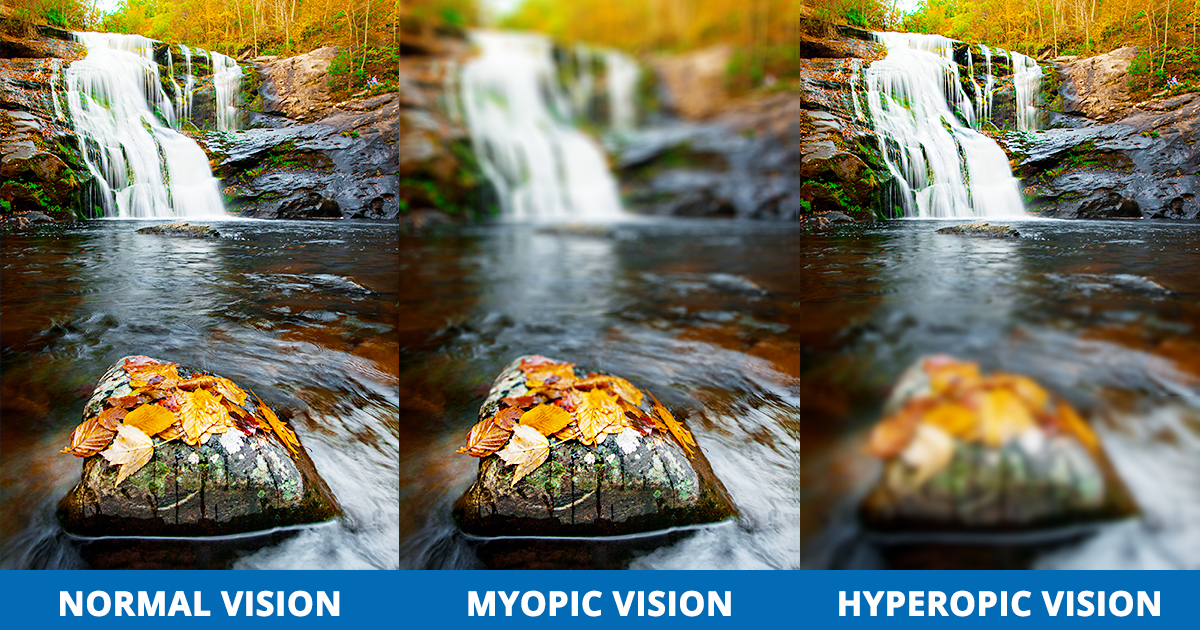

Myopia in Singapore
This condition is extremely common in Singapore. The Health Promotion Board (HPB) reported that ‘65 per cent among Primary 6 pupils, and roughly 28 per cent for those in Primary 1‘ are myopic.
Can Young Children Get Myopia?
Childhood myopia is the onset of the myopia at a young age, and worsening of myopia throughout childhood.
Mild myopia usually does not increase the risk of eye problems. However, high myopia is linked to eye diseases such as cataract, glaucoma and retinal detachment. Most people who have high degrees of myopia started developing it during childhood.
How can I tell if my child has myopia? Children may not realize that they are suffering from myopia. Also, many children are too shy to speak up if they are facing reading difficulties in school. That being said, it is important for parents to look out for symptoms in their children. Pay close attention when your child is reading, doing homework, or watching television. If you notice that he or she is experiencing fatigue, squinting, or getting headaches, it may be a sign of myopia.
It is important to bring your child for regular eye checks with an optometrist (glasses shop) or an ophthalmologist (eye specialist). If your child has a high degree of myopia at a young age, it is best to consult an eye specialist.
Myopia Treatments
There are a number of treatments. Glasses and contact lenses provide temporary myopia correction. Refractive surgery like LASIK, ICL and cataract surgery provide long-term correction.
- Glasses
- Contact Lenses
- LASIK
- Implantable Contact Lenses (ICL)
- Cataract Surgery
Is Myopia Affecting Your Vision? Schedule An Appointment With Us.
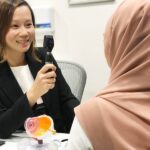
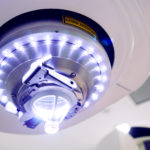
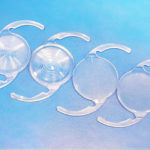
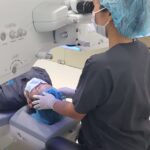
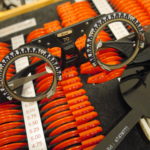
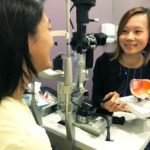

Technology
ISEC believes in continuous innovation, we regularly update our medical technology according to the latest industry developments.
Touch
Rest assured in the hands of experienced doctors with many years of surgical experience, as well as seasoned nurses and optometrists.
Trust
ISEC’s reputation is one that has been built around experience and trust, as evidenced by our large pool of referral patients.
